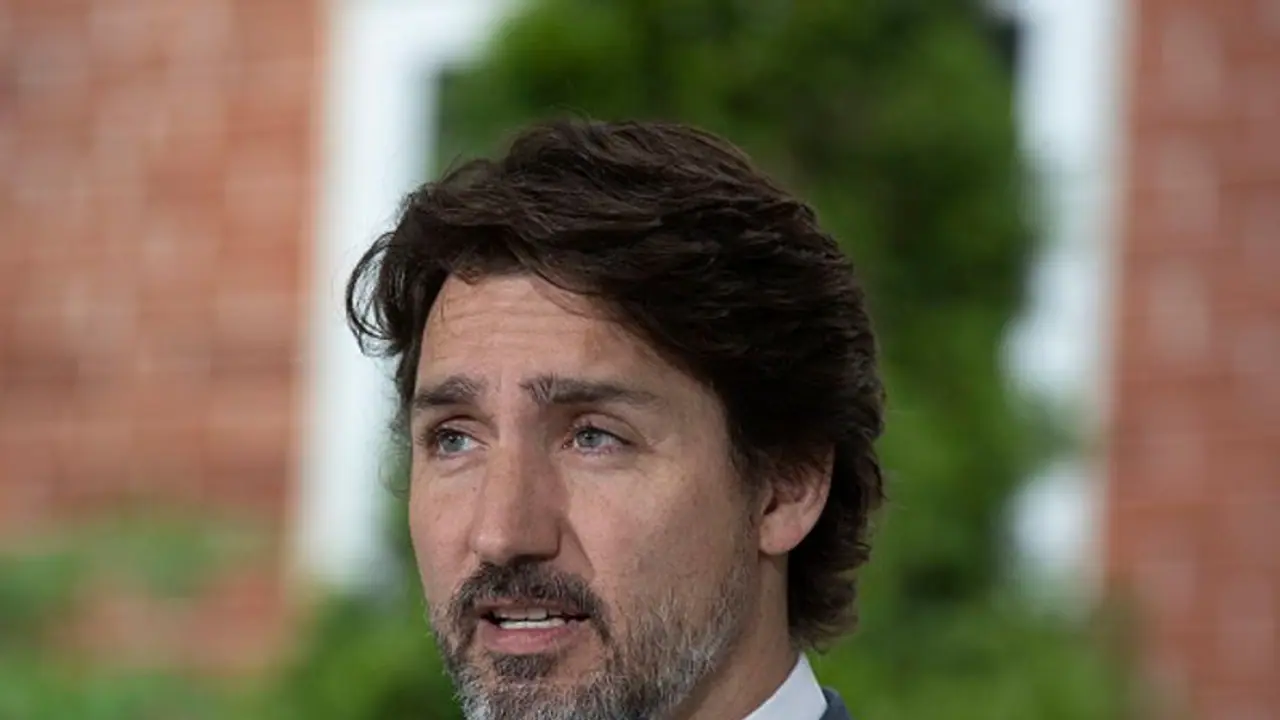While talking at a news conference, Trudeau said the blockades harm the country's economy and endanger public safety. He added they cannot and will not allow "illegal and dangerous" activities.
Canadian Prime Minister Justin Trudeau announced on Monday that he would activate the rarely used emergency power to end protests that will shut some border crossing and paralyzes parts of the capital.

While talking at a news conference, Trudeau said the blockades harm the country's economy and endanger public safety. He added they cannot and will not allow "illegal and dangerous" activities.
Frustration has grown over what critics see as a permissive approach by police to protests in Windsor, Ontario, and Ottawa, the nation's capital, where protests are now in their third week.
Trudeau said despite their best efforts, it is clear that law enforcement's ability to enforce the law effectively faces serious challenges.
It enables authorities to take aggressive steps to restore public order, including prohibiting public gatherings and restricting travel to and from specific areas. However, Trudeau and his Cabinet members repeatedly stated that the act would not be used to suspend "fundamental rights."
Protesters blocked the Ambassador Bridge, a vital trade route to Detroit before police cleared the protest on Sunday for six days.
The "Freedom Convoy" protests, started with Canadian truckers opposing a Covid-19 vaccinate-or-quarantine mandate for cross-border drivers, drew people opposed to Trudeau's policies on everything from pandemic restrictions to a carbon tax.
In 1988 Emergencies Act provided the federal government to override the provinces and authorize special temporary measures to ensure security during national emergencies.
In 1970, the law was once used by Trudeau's father, the former Prime Minister Pierre Trudeau. Earlier on Monday, four provincial premiers in Alberta, Quebec, Manitoba and Saskatchewan stated they opposed plans to invoke the act, citing it was unnecessary.
The Canadian Parliament must approve the use of emergency measures within seven days, and it also has the authority to revoke them.
Also Read: Indian embassy in US sends consular team to coordinate, render assistance regarding 4 dead people
Also Read: Four Indians, including baby and teen freeze to death near US-Canada border
Also Read: With 71%, PM Modi tops list of most popular world leaders
